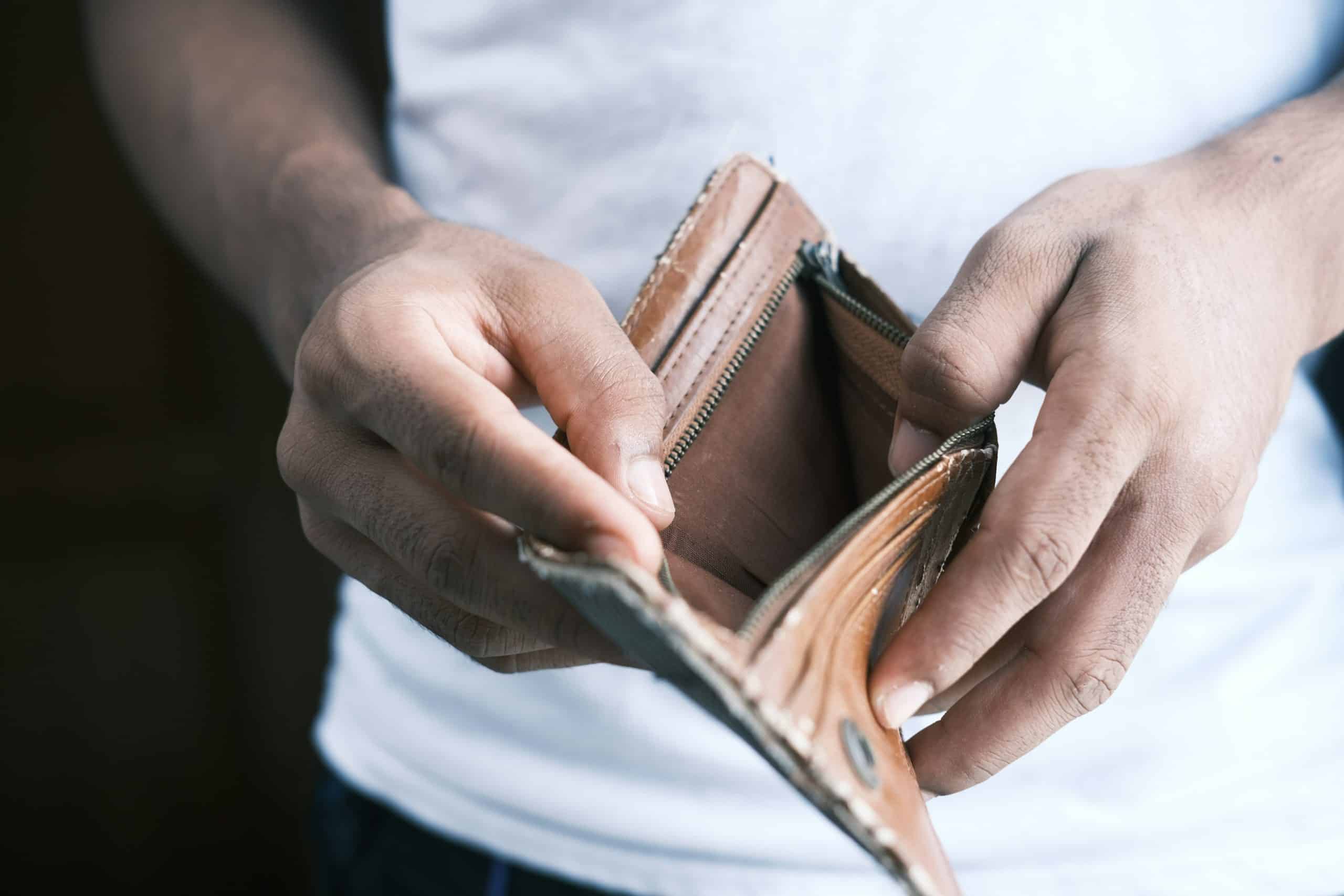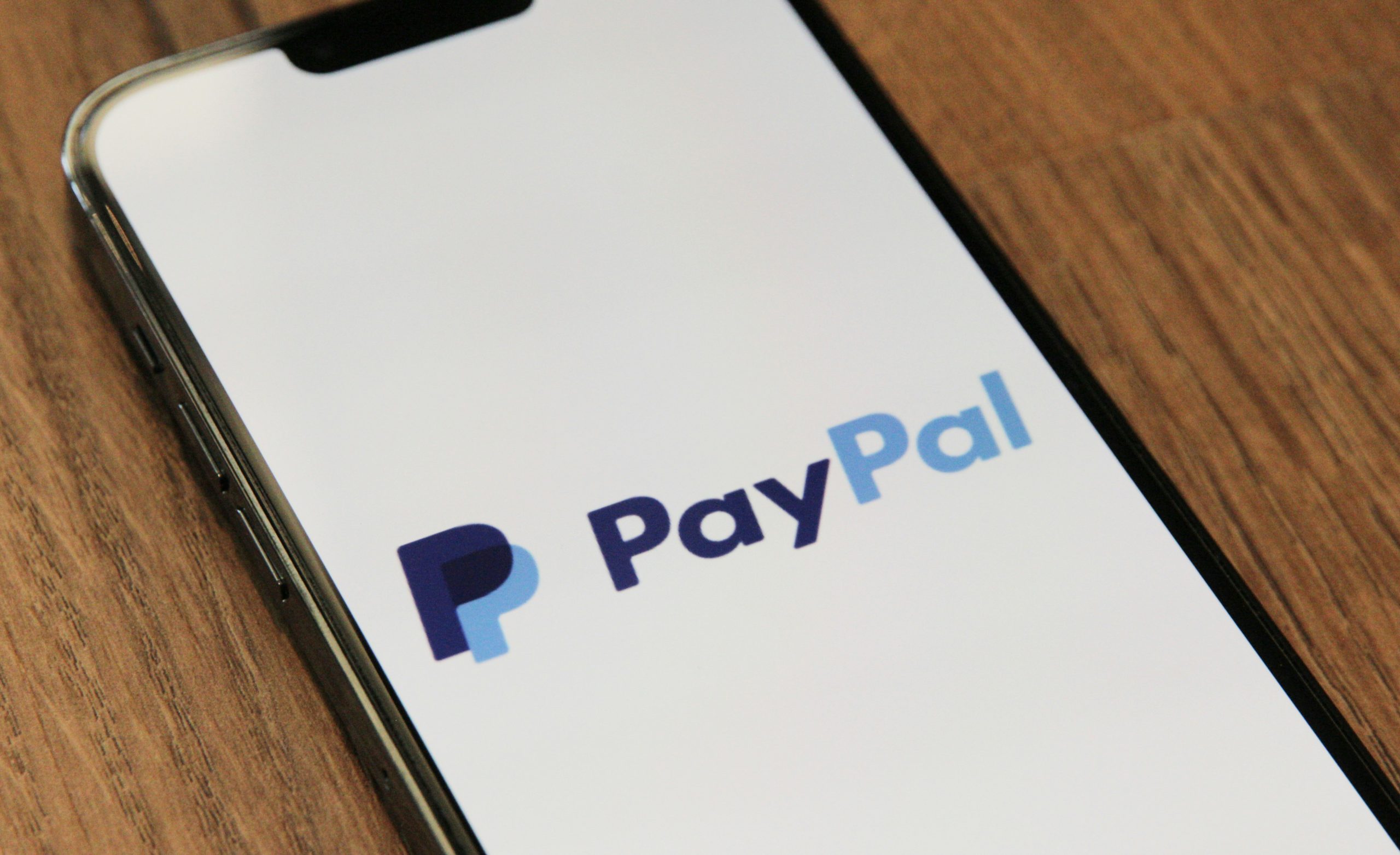How Do You Pay Off Debt When You Are Poor? | Expert Tips

Paying off debt can feel overwhelming, especially when you’re on a tight budget. This article offers key strategies and expert advice to help you manage your debt and achieve financial stability.
Start by understanding your debt and making a budget. Use various debt strategies to pay off what you owe. Remember, with the right plan, you can overcome debt even with limited resources.
Key Takeaways
- Understanding your total debt is crucial for effective debt management.
- Automating payment schedules ensures your bills are paid on time, helping to avoid late fees.
- Exploring side hustles can create additional income streams to pay off debt faster.
- The debt snowball method provides psychological benefits by focusing on smaller debts first.
- Maintaining an emergency fund can prevent further reliance on high-interest credit options.
Understanding Your Debt Situation
The average American debt is over $104,000 per person in 2024. To start paying off your debt, you need to know where you stand. This means listing all your debts and understanding their details. Knowing how much you owe and the terms of each debt is crucial for making a solid plan.
Identify All Your Debts
The first step is to make a complete list of your debts. Include:
- Credit card balances
- Student loans
- Personal loans
- Medical bills
- Any other pending financial obligations
Write down how much you owe for each debt. This helps you create a clear plan to pay them off. Knowing your debts well is the first step to making smart choices about your money.
Assess Interest Rates and Minimum Payments
After listing your debts, look at the interest rates. High-interest debts should be your top priority. Also, check the minimum payments for each debt. Missing these can hurt your credit score.
Keep an eye on each debt’s terms. This helps you focus on high-interest debts first. This way, you pay less interest and get closer to being debt-free faster.
How Do You Pay Off Debt When You Are Poor?
Managing debt on a limited income can feel overwhelming. But, with the right approaches, progress is possible. A critical first step is to evaluate your income and expenses. By understanding where your money comes from versus where it goes, you can make informed decisions about budgeting and financial goals.
Evaluate Your Income and Expenses
Start by assessing your income, which includes wages, benefits, and any side hustles or freelance work. List all income sources to gain clarity on your total monthly earnings. Next, you’ll need to assess expenses, focusing on both necessities and discretionary spending.
Track your monthly outflows—housing, food, transportation, and entertainment—and identify areas where you can reduce spending. This careful evaluation helps you visualize your cash flow and uncover opportunities to free up funds for debt repayment.
Create a Budget That Works for You
Once you’ve evaluated your income and expenses, it’s time to create a budget that aligns with your financial goals. Start by allocating funds to essential expenses while ensuring you set aside some money for debt repayment. It’s worth noting that 84% of Americans with a monthly budget occasionally find themselves exceeding it, so creating a flexible budget that suits your lifestyle is essential.
Utilize budget strategies that suit your lifestyle; this could involve tracking spending through apps or using a printable template. A well-planned budget not only helps you manage your finances better but also provides a clear path to achieving your debt repayment goals.
By implementing these strategies, you can not only understand your financial situation but also take actionable steps toward debt repayment. Adapting your budgeting habits will contribute significantly to achieving your financial goals.
Strategies for Paying Off Debt on a Low Income
It can be tough to pay off debt when you don’t have much money. But, using a smart plan is key to managing your debt and getting better financially over time.
Consider the Debt Snowball Method
The debt snowball method is a popular choice. It involves paying off the smallest debts first. This way, you can quickly see progress and feel motivated. By paying the minimum of all debts, you win small victories. These victories help keep you going.
Explore the Debt Avalanche Approach
The debt avalanche method focuses on the highest interest rates first. This can save you money on interest over time. It’s about paying off debt quickly, even if it’s not the smallest first.
Negotiate with Creditors for Better Terms
Negotiation is powerful. Talk to your creditors about better deals or lower payments. They might be willing to help if you explain your situation. Getting a better deal can make a big difference. It can lower your payments or even reduce what you owe. Negotiating with credit card companies can be a big help.
| Strategy | Focus | Benefits | Considerations |
| Debt Snowball | Smallest debts first | Emotional victories boost motivation | May cost more in interest |
| Debt Avalanche | Highest interest first | Better long-term interest savings | May feel slower initially |
| Negotiation | Working with creditors | Lower payments, possible settlements | Requires communication and persistence |
Using these strategies can help you take charge of your finances.
Additional Ways to Increase Your Income
Looking for ways to make more money can help you pay off debts faster. There are many strategies to get the extra cash you need. Try part-time jobs, online selling, and gig economy jobs to earn more.
Explore Part-Time Job Opportunities
Part-time jobs are a good way to make more money. Many businesses want flexible workers. This lets you earn extra without affecting your main job. Retail, food service, and customer support jobs are great for side hustles. They offer flexible hours that fit your schedule.
Sell Unwanted Items to Generate Extra Cash
Selling things you no longer need is a smart way to make extra cash. Decluttering your home can also help. Use sites like eBay, Facebook Marketplace, and Craigslist to sell your items. This not only gives you money for debt but also helps you live more simply.
Utilize the Gig Economy for Quick Earnings
The gig economy has many ways to make quick money. You can do freelance work, deliver food, or even pet-sit. Freelancing lets you work on your own time, helping you earn extra cash. The average annual salary of a freelancer in the U.S. is $74,079.
Platforms like Upwork and Fiverr are great for offering your skills. You can write, design graphics, or provide virtual assistance. This helps you pay off debt faster.
Considering Borrowing to Manage Debt
When you’re assessing your financial options for managing debt, borrowing might seem like a counterintuitive step. However, when done strategically, borrowing could be a practical part of your debt repayment strategy. It’s important to understand how to borrow money wisely to ensure it aligns with your financial goals rather than exacerbating your debt situation.
If your debts are largely due to high-interest rates, one option to consider is a debt consolidation loan. This can often provide immediate relief by consolidating multiple high-interest debts into a single loan with a lower interest rate, helping you to manage your monthly payments more effectively. You might consider borrowing money from a bank, which can provide a structured approach to consolidating your debts.
For those with specific types of assets, options such as borrowing against your home equity or borrowing against your stocks may be available. These options often come with more favorable rates due to the lower risk to lenders, which could make your debt more manageable in the long term.
Additionally, for individuals with a life insurance policy, another potential avenue is borrowing money from your life insurance. This can be a way to access funds without the stringent requirements of traditional loans, though it’s important to understand the implications on your policy.
Before deciding to take on new debt, it’s critical to assess your overall financial situation and consider seeking advice from a financial advisor. Borrowing can be a tool for managing debt when used correctly, but it should be approached with caution and a clear understanding of the terms and consequences.
Conclusion
Paying off debt can seem tough, but it’s doable with the right plan. Smart financial planning and discipline are key to becoming debt-free. Using debt snowball or avalanche methods can help you pay off debt fast. Also, getting extra income from part-time jobs or the gig economy speeds up your journey.
Every small win helps in your debt battle. Aim for a low debt-to-income ratio and use tax refunds wisely. Stay organized, keep going, and celebrate your successes. You’re on the way to financial freedom, and with dedication and planning, you’ll get there.
FAQ
How can I start paying off my debt on a low income?
First, list all your debts, like credit cards and loans. Make a detailed list of each account and its balance. This will help you plan how to pay off your debt.
What is the debt snowball method?
The debt snowball method means paying the minimum on all debts. Use extra money to pay off the smallest debt first. When that’s done, move to the next smallest, feeling a sense of accomplishment with each victory.
How do I prioritize which debts to pay off first?
Prioritize by looking at interest rates and minimum payments. Pay off debts with the highest interest rates first. This saves money and speeds up your debt repayment.
Can negotiating with creditors help reduce my payments?
Yes, talking to creditors can lower your payments. Many are willing to work with you if you explain your financial situation.
What budget strategies can help me manage my expenses better?
Make a budget by listing all your income and expenses. Set aside money for needs, wants, and debt repayment. This balances your spending and debt repayment.
Are there effective ways to increase my income?
Yes, you can earn more by getting a part-time job, selling items you no longer need, or using the gig economy. This extra money can help pay off your debt.
How does the debt avalanche method work?
The debt avalanche method focuses on paying off debts with the highest interest rates first. Make minimum payments on others. This saves a lot of interest and speeds up becoming debt-free.
What can I do if I can’t afford to make my minimum payments?
If you can’t make payments, talk to your creditors. They might offer help, like lower payments or a hardship plan. This can make managing your debt easier.






